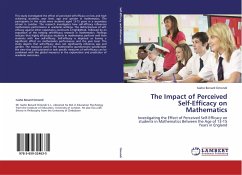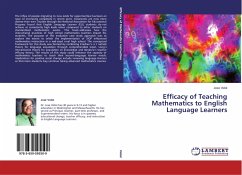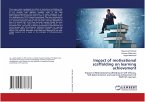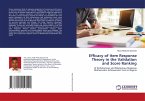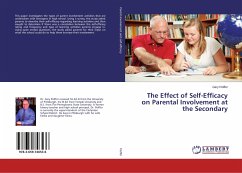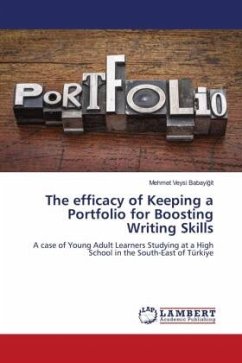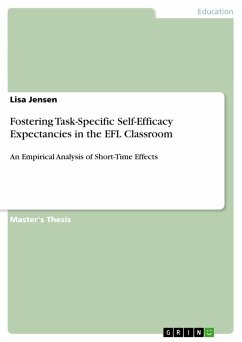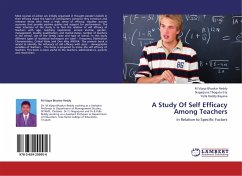This study investigated the effect of perceived self-efficacy on low and high achieving students, year level, age and gender in mathematics. The participants in the study were students aged 13-15 years in a secondary school in London. The research investigates how self-efficacy influences mathematics performance in academic settings. The distinctiveness of self-efficacy against other expectancy constructs is highlighted, followed by an exposition of the existing self-efficacy research in mathematics. Findings indicate that highly efficacious students in mathematics perform well than students with low self-efficacy. Self-efficacy is depicted as having a significant effect on mathematics performance and the year level. The study depicts that self-efficacy does not significantly influence age and gender. The measures used in the mathematics questionnaire substantiate the view that particularized or task specific measures of self-efficacy can be combined with the global measures in the explanation and prediction of academic outcomes.

